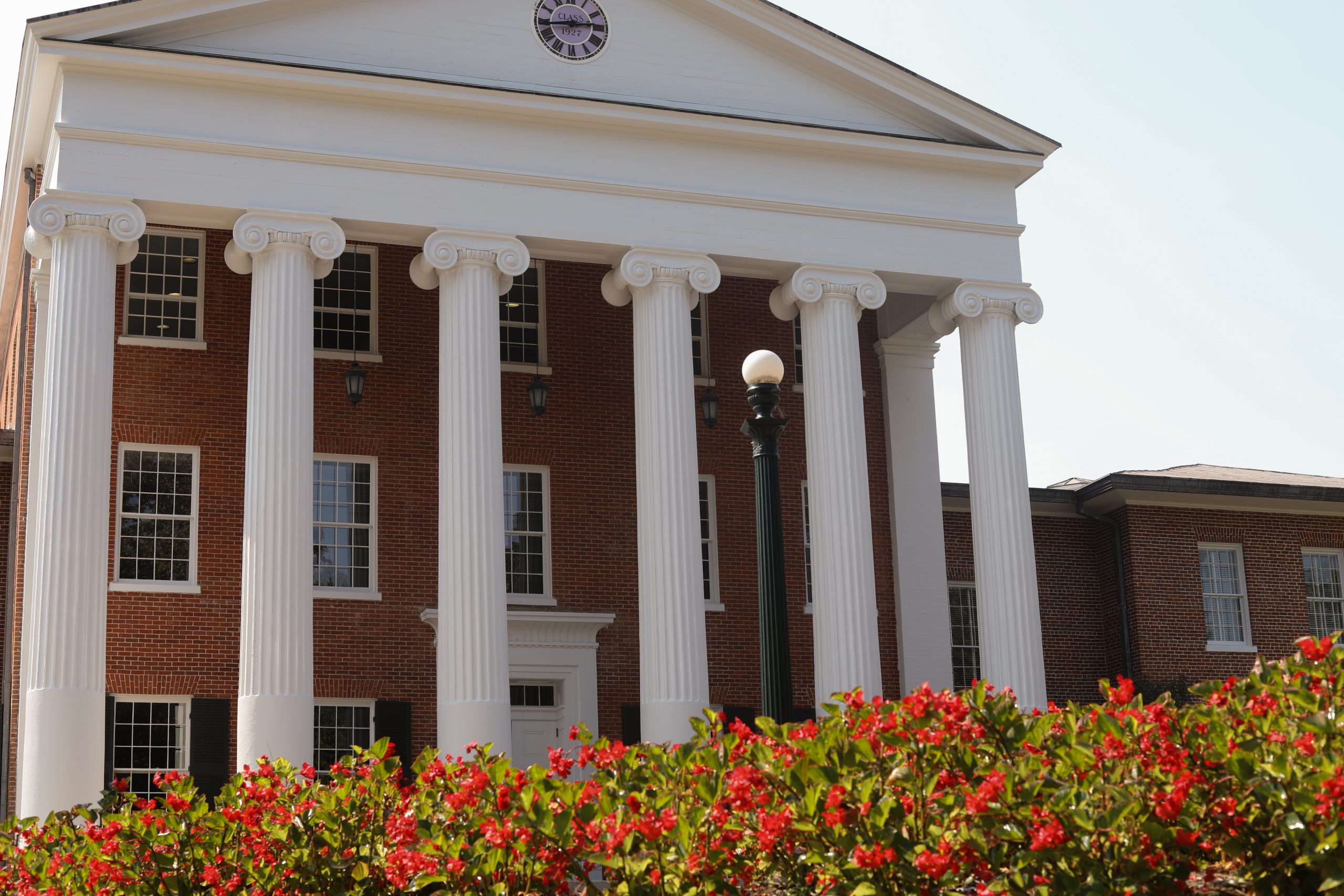The University of Mississippi plans to shutter its Division of Diversity and Community Engagement following a yearlong internal review, the chancellor announced in a campus-wide email Friday.
In its place, the state’s flagship university will create a Division of Access, Opportunity and Community Engagement to redouble its efforts to help more students attend and graduate college amid the looming enrollment cliff facing Mississippi’s institutions of higher learning.
“We are steadfast in our commitment to the transformative power of higher education, and now is the time to prioritize our efforts to broaden access to higher education,” Chancellor Glenn Boyce wrote in the campus-wide email. “However, access alone is not enough. We must be committed to providing opportunities that cultivate academic attainment which leads to meaningful lives and careers.”
The changes come without a ban in Mississippi, as has occurred elsewhere, on state spending on diversity, equity and inclusion initiatives and just three years after the university announced an ambitious plan for diversity on campus called “Pathways to Equity.”
In higher education, DEI traditionally refers to a range of administrative efforts to comply with civil rights laws and foster a sense of on-campus belonging among those populations. But in Mississippi and across the country, some Republicans and influential conservative think tanks have argued that DEI is more nefarious.
In particular, State Auditor Shad White has repeatedly warned about what he sees as the dangers of DEI in speeches, interviews and on social media.
“We’re glad universities are responding to public pressure to end these controversial, racist programs,” White’s communications director, Jacob Walters, wrote in a text message. “But a university saying they’re doing this is like Mississippi Today saying they’re a legitimate news organization; just because you say it doesn’t mean it’s true. We’ll continue to keep Mississippi taxpayers informed on whether their money is spent on controversial programming.”
Boyce’s statement did not make reference to potential anti-DEI legislation in Mississippi. A bill that would have done so died in committee this past session.
Most universities across Mississippi have already implemented changes to their diversity offices, Mississippi Today reported earlier this month.
But unlike its counterparts, Ole Miss says it will submit its proposal to the governing board of all eight universities in Mississippi, the Institutions of Higher Learning Board of Trustees.
Neither the University of Southern Mississippi nor Mississippi State University submitted the changes made to their diversity offices to IHL.
“We did not have to seek IHL for the change, as it was simply a change in the office name,” Nicole Ruhnke, USM’s chief communications officer, wrote in an email.
Mississippi State University did not request approval from IHL for its internal reorganization of the Division of Access, Opportunity and Success because it typically only submits name changes for academic units or the naming of colleges in honor of major donors, according to an email from the university’s vice president for strategic communications.
“That said, our leadership maintains a robust dialogue with IHL’s leadership on almost all matters,” Sid Salter wrote in an email.
At Ole Miss, the new division will oversee three areas, according to Boyce’s email and a press release that he linked to: “Access and Community Engagement,” “Access and Opportunity” and “Access and Compliance.”
Several university offices and functions will be brought under its aegis, including Equal Opportunity and Regulatory Compliance, Student Disability Services, Digital Accessibility, the Bonner Leaders Program and Ole Miss Opportunity, which is a last-dollar scholarship for low-income students from Mississippi.
“The mission for our division will enable us to better address the unique needs of our community and ensure that every individual has the support they need to thrive,” the division’s vice chancellor, Shawnboda Mead, said in the release. “This will enhance pathways for success, opportunity and achievement.”
The press release also mentioned the statewide Ascent to 55% initiative, which seeks to grow the number of Mississippians with a college degree or equivalent credential.
A major challenge for this initiative is the enrollment cliff facing Mississippi, a trend in which the state will have less high school graduates going to college. The press release notes that from the 2017 to 2022 school years, the number of Mississippians graduating from high school and attending college in-state dropped by nearly 7%.
This has partly fueled enrollment declines at universities across Mississippi, particularly at the regional institutions like Delta State University and Mississippi University for Women.
But not so much at Ole Miss. Though the university’s enrollment has stayed roughly the same since 2014, it has recently seen a record-sized freshmen class, largely due to increasing enrollment of mostly white, out-of-state students, according to IHL data.
In his email, Boyce thanked members of the campus community who contributed to a yearlong organizational and program review of the division. It’s not clear who he consulted.
“I appreciate the members of our campus community who provided invaluable feedback and guidance,” Boyce wrote.

